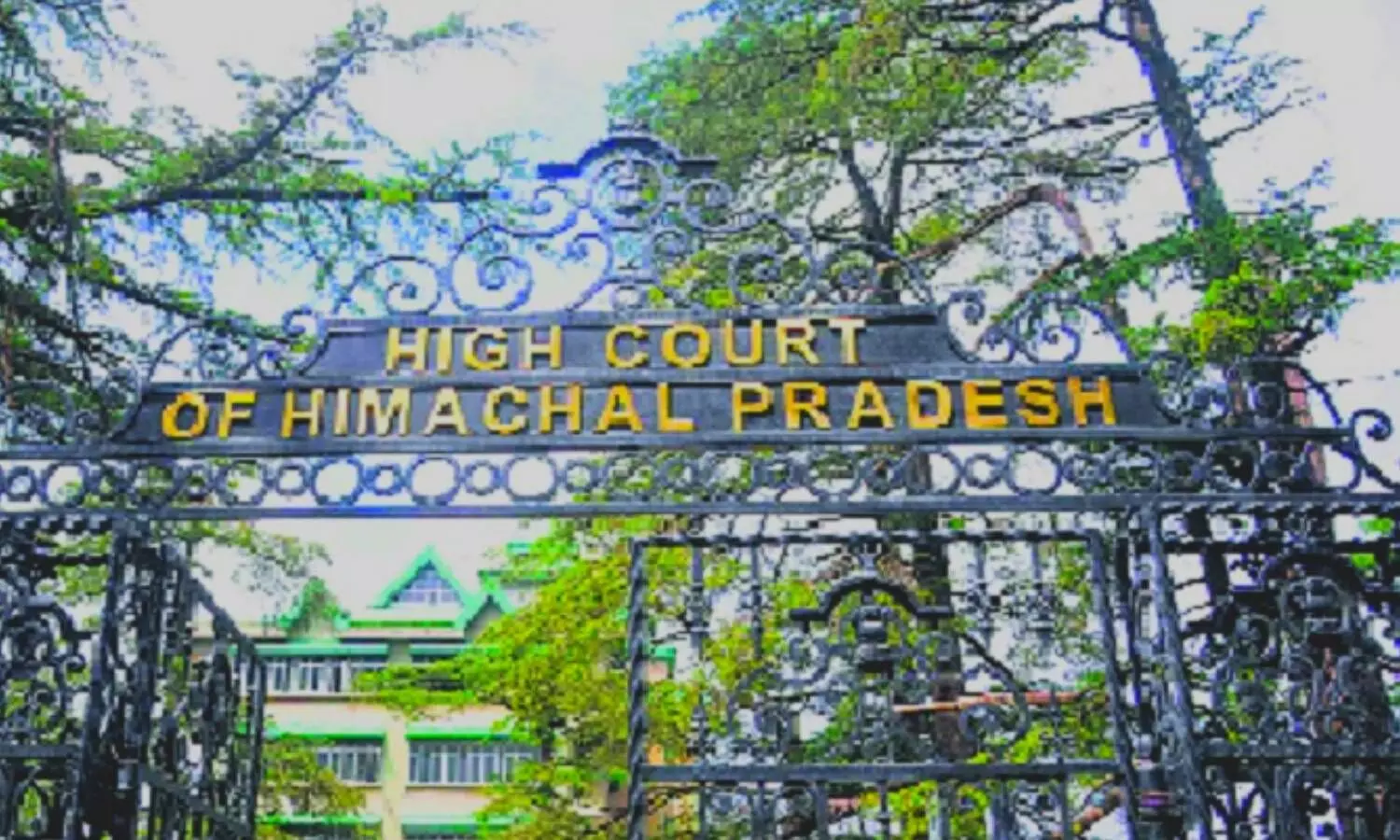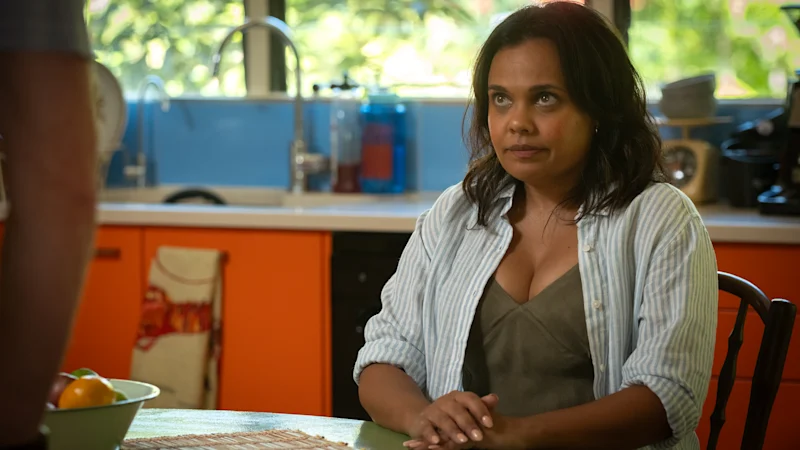Keeping Medicines Without Licence Amounts to ‘Offer for Sale’, HC Upholds Chemist’s Conviction
By Susmita Roy
Copyright medicaldialogues

Shimla: The Himachal Pradesh High Court has upheld the conviction of a chemist under the Drugs and Cosmetics Act, 1940, for stocking allopathic medicines without a valid licence, stressing that such offences affect public health and must be dealt with strictly.Justice Rakesh Kainthla rejected Sanjay K. Maanav’s challenge and affirmed the trial court’s 2007 conviction order as well as the appellate court’s 2012 judgment, holding that no case was made out for interference.The case clearly clarifies that simply possessing unlicensed medicines can allow the Court to presume intent to sell, placing the burden on the accused to prove otherwise. It also underscores that such offences will attract deterrent punishment, as stocking drugs without authorization is viewed as a serious threat to public health.The case dates back to June 15, 2001, when Drugs Inspector Navneet Marwaha, accompanied by police officials, conducted a raid at Maanav Health Clinic in McLeodganj. During the raid, the High Court recorded, “the accused was present in the clinic, and he had displayed a variety of allopathic drugs for sale.”When asked to produce a valid drug licence or a registered medical practitioner’s certificate, Maanav instead produced photocopies of certificates from Akhil Bhartiya Ayurvedic Vidyapeeth, Agra and N.E.H.M. Investigations later confirmed these to be invalid since electro-homoeopathy is not recognised by either the State or Central Medical Councils. The drugs were seized and sealed on the spot.In 2007, the trial court convicted Maanav under Section 27(b)(ii) of the Drugs and Cosmetics Act, sentencing him to one month’s simple imprisonment and a fine of ₹5,000, with a default imprisonment of 15 days. The appellate court upheld this in 2012.In his revision petition, Maanav argued that he never stocked allopathic medicines, only electropathy preparations. His counsel claimed that the prosecution failed to prove intent to sell, an “essential requirement under Section 27(b)(ii).”In support of his argument, Maanav relied on the Supreme Court’s ruling in Mohammad Shabir v. State of Maharashtra (1979), which had held that “mere possession” of medicines was not sufficient to attract penal provisions.Alternatively, he pleaded for leniency, pointing out that more than two decades had passed since the incident and the accused had already undergone “the agony of trial, appeal and revision.”The State opposed the revision strongly. Additional Advocate General Lokender Kutlehria argued that the accused kept large stocks of medicines openly displayed on racks, which itself proved intent to sell.“The accused had no license or degree, yet he possessed a huge quantity of allopathic drugs. He was playing with the lives of the people, and no sympathy should be shown to him,” the State submitted.The Himachal Pradesh High Court pointed out that the position had changed after the 1982 amendment to Section 18(a) of the Drugs and Cosmetics Act, which introduced the phrase “offer for sale” into the law. The Court referred to a Karnataka High Court judgment (State of Karnataka v. Kannika Stores, 1992) which clarified that once this amendment came into effect, keeping medicines on the racks of a shop amounted to an offer for sale and was prohibited under the Act.The High Court, after reviewing the evidence, upheld the reasoning of the trial court. It noted:“In the present case, the drugs were found on the rack inside the clinic and learned Trial Court had rightly held that this violated Section 27 of the Drugs and Cosmetics Act.””Thus, there is no infirmity in the judgments and order passed by learned Courts below convicting the accused of the commission of an offence punishable under Section 27(b)(ii) of the Drugs & Cosmetics Act.”The Court stressed that subsequent amendments to the Act had made even “stocking” or “exhibiting” medicines without a licence a punishable offence. As the order explained:”When possession is with the accused and when there is no consent, it is for him to say for what purpose he has stored them. A presumption of fact has to be drawn by the Court, and the gist of the evidence and complaint has to be taken together; the accused was not taken by surprise when the charge clearly mentions the purpose of storing for sale only. Therefore, I have no hesitation in holding that the Court can draw a valid presumption, particularly so when there is no proof of purchase of the drugs or need for storing them by the accused. The offence under Section 18(C) read with 27(b) (ii) of the Act has been squarely made out, and the accused has to be convicted.”On the plea for reduction of sentence, Justice Kainthla was categorical:”Learned Trial Court sentenced the accused to undergo simple imprisonment for a period of one month, pay a fine of ₹5,000/- and in default of payment of fine to undergo further simple imprisonment for 15 days. The accused was found in possession of allopathic medicines, and he had no certificate/ licence to…



